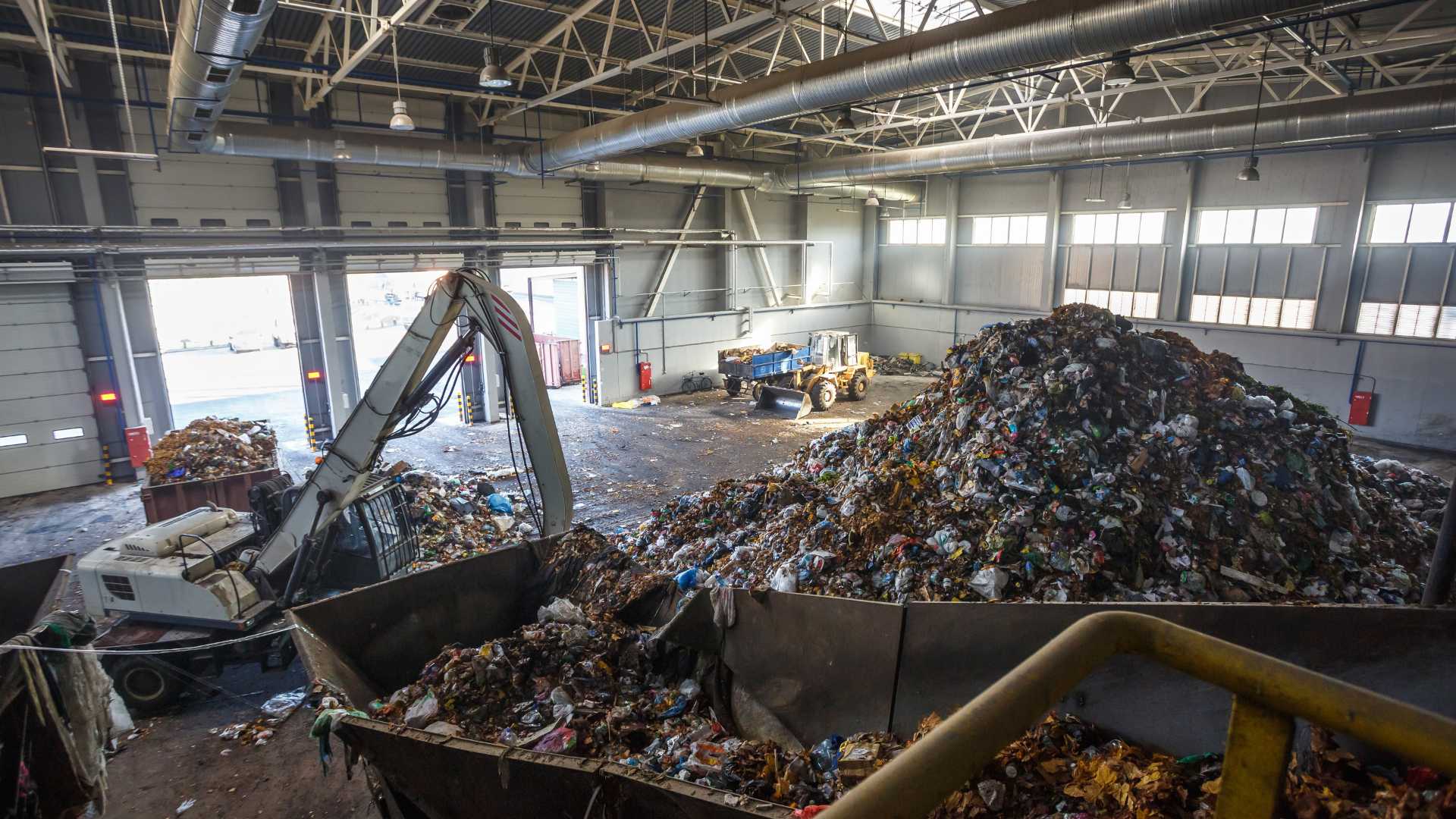![]()
Shipping electronic waste internationally: DGFT’s regulations tailored to each country’s specifications
India, like many other countries, faces challenges related to the export of e-waste, and there have been efforts to regulate and manage this issue more effectively. The Basel Convention (BC), an international treaty on the control of transboundary movements of hazardous wastes (HWs), including e-waste, plays a role in regulating such exports. E-waste Export to different countries: DGFT’s country-specific rules.
To obtain the most current and accurate information on India’s e-waste exports, it is important and also advisable to refer to official reports from government agencies such as the Directorate General of Foreign Trade (DGFT) in India or environmental regulatory bodies. Additionally, trade databases and reports from international organisations may provide insights into global e-waste flows and destinations.
Keep in mind that transparency and adherence to regulations are crucial in managing e-waste responsibly and mitigating its environmental and health impacts. If you are interested in the latest information on this topic, checking with official sources or recent publications on e-waste management in India is highly recommended. However, this blog tries to give you a brief insight into E-waste Export to different countries: DGFT’s country-specific rules.
1. Why to export e-waste from India?
Exporting e-waste from India can be driven by various factors, but it’s essential to approach this matter with caution due to the environmental and ethical concerns associated with it. Here are some reasons why e-waste export may occur:
Economic Considerations:
Exporting e-waste may be economically motivated. Some businesses may find it cost-effective to export e-waste to countries where labour and disposal costs are lower.
Lack of Adequate Recycling Infrastructure:
In some cases, countries may lack the necessary infrastructure and technology for safe and environmentally friendly e-waste recycling. Exporting e-waste to countries with better facilities might be seen as a solution to this problem.
Demand for Second-hand Electronics:
Some electronics, particularly older models, may still be in demand in certain markets. Exporting used electronics to regions where there is a demand for affordable or second-hand goods can be a motive.
Informal Recycling Sector:
In some instances, e-waste is exported to countries where informal recycling practices are prevalent. This may be due to those countries’ lack of regulatory oversight and enforcement.
Global Supply Chains:
E-waste can be a byproduct of global supply chains. Electronics Manufacturers might find it convenient to export end-of-life electronics to streamline their operations and focus on production.
It’s important to note that while these reasons might explain why e-waste export occurs, there are significant ethical and environmental concerns associated with this practice. E-waste often contains hazardous materials, including heavy metals and toxic substances, which may pose serious environmental and human health risks if not properly managed.
There has been a global push for responsible e-waste management in recent years. Many countries, including India, have implemented regulations to control the export of hazardous waste, emphasising environmentally sound disposal and recycling practices.
2. Mandatory compliance in e-waste export from India
Exporting e-waste should ideally comply with international treaties and national regulations, ensuring that the waste is processed and recycled in an environmentally sustainable and socially responsible manner. Proper documentation, transparency, and adherence to the principles of the Basel Convention are essential to minimise the negative impacts associated with e-waste export.
3. Overview of E-waste Export Regulations:
International Regulations:
The Basel Convention is a key international treaty addressing the control of transboundary movements of hazardous wastes, including e-waste. Many countries are parties to this convention, which aims to lower the generation of hazardous wastes and promote environmentally sound management.
DGFT in India:
DGFT, the Directorate General of Foreign Trade in India, is responsible for implementing and formulating foreign trade policies. It is essential in regulating the export and import of goods and services.
E-waste Management Rules in India:
India has specific regulations governing the management and handling of e-waste. The E-waste (Management) Rules, 2016 outline the responsibilities of various stakeholders, including producers, consumers, and authorised recyclers.
Prohibited Items:
Certain items, including certain types of e-waste, may be prohibited from export based on international agreements and national laws. DGFT is involved in implementing these restrictions.
Documentation and Licensing:
Exporters must comply with documentation requirements and obtain relevant licenses or permits from DGFT for exporting e-waste. This may include providing details of the type and quantity of e-waste being exported.
Destination Country Regulations:
DGFT’s role extends to ensuring that exporters adhere to the rules and regulations of the destination country. Different countries have varying requirements for the import of e-waste.
Transparency and Reporting:
DGFT may require exporters to maintain transparency in their operations and report relevant data regarding the exported e-waste. This could include the volume of e-waste, recycling methods, and end-of-life management.
Penalties for Non-Compliance:
Non-compliance with e-waste export regulations, whether by producers or exporters, can result in penalties. DGFT may take action against entities violating the rules. E-waste Export to different countries: DGFT’s country-specific rules.
Conclusion: E-waste Export to different countries: DGFT’s country-specific rules
It’s crucial to note that the specifics of country-wise rules can vary, and exporters should be well-versed in the regulations of both the exporting and importing countries. It’s also essential to stay updated on any changes in regulations, as the e-waste management landscape is evolving globally.
For detailed, country-specific information, it is advisable to consult the DGFT website directly or contact the relevant authorities to ensure accurate and up-to-date information.




